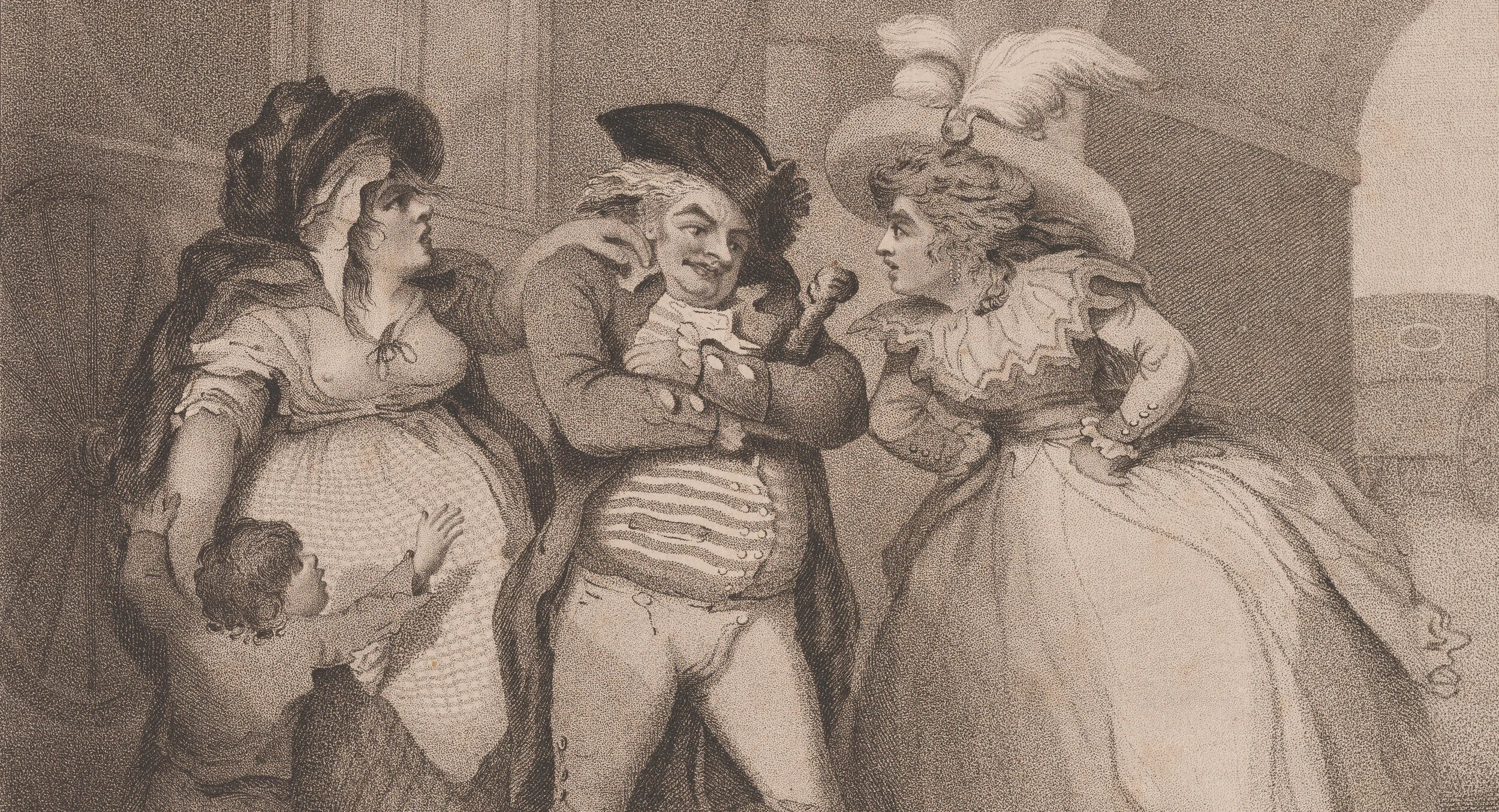Author: David Wilber
Yeshua said that the world would know the Father sent Him when His followers are united (John 17:21). Therefore, we as believers have an important duty to try to maintain unity within the body of Messiah. But in order to work towards unity, we must first identify the cause of disunity:
What causes quarrels and what causes fights among you? Is it not this, that your passions are at war within you? (James 4:1)
The epistle of James is devoted in large part to addressing the issue of conflict within the body of Messiah. You’ll notice that his answer to his own question concerning the source of all the fighting and quarreling is not the Republicans. It’s not the Democrats. It’s not your spouse, boss, coworker, or church leadership. According to the Bible, the reason there is fighting and quarreling within the body is that your passions are at war within you. James goes on to drive home this point:
You desire and do not have, so you murder. You covet and cannot obtain, so you fight and quarrel. You do not have, because you do not ask. You ask and do not receive, because you ask wrongly, to spend it on your passions. (James 4:2-3)
Sorry to say, but you are the problem. Indeed, we are at war with other believers because we are often at war within ourselves. So addressing conflict and working toward unity begins with fixing yourself. Fixing yourself begins with humility and accepting responsibility. The problem is that we as humans are naturally inclined to blame someone or something else for our problems. It’s been that way since the beginning:
The man said, "The woman whom you gave to be with me, she gave me fruit of the tree, and I ate." Then the lord God said to the woman, "What is this that you have done?" The woman said, "The serpent deceived me, and I ate." (Genesis 3:12-13)
When the Lord questioned Adam about eating the forbidden fruit, instead of taking responsibility, Adam blamed Chavah (Eve). When the Lord questioned Chavah, she blamed the serpent. Indeed, blame-shifting is the oldest human reaction to sin. This is where the seed was planted and generations of mankind thereafter have sought to escape responsibility. We as disciples of Yeshua are called to reverse this cowardly behavior through the example of our own lives.
You might say, “I never blame other people for my problems!” Maybe that’s true. Maybe some of us have become better at taking responsibility—that is, we know better than to blame another person. But many of us still try to find a way to place the blame somewhere else, like on our situations. “Well, I wouldn’t have done that if such-and-such didn’t happen.” But whatever happens in your life, it is ultimately your responsibility how you handle it. As Charles R. Swindoll once said, “Life is 10% what happens to us and 90% how we handle it.” You can’t rob a bank and then blame your actions on losing your job the week before. It's not your former boss's fault that you stole money. That's an extreme example, but you get the point.
If you respond badly in a situation, you have no one and nothing else to blame but yourself. Own it. Make the commitment today to begin taking responsibility. It’s the first step in addressing conflict and inspiring unity within the body of Messiah. When we take responsibility for our actions instead of seeking to blame others, we help bring shalom to a chaotic world.
About David Wilber
David is first and foremost a passionate follower of Yeshua the Messiah. He is also a writer, speaker, and teacher.
David’s heart is to minister to God’s people by helping them rediscover the validity and blessing of God’s Torah and help prepare them to give an answer to anyone who asks about the hope within them (1 Peter 3:15)…
































